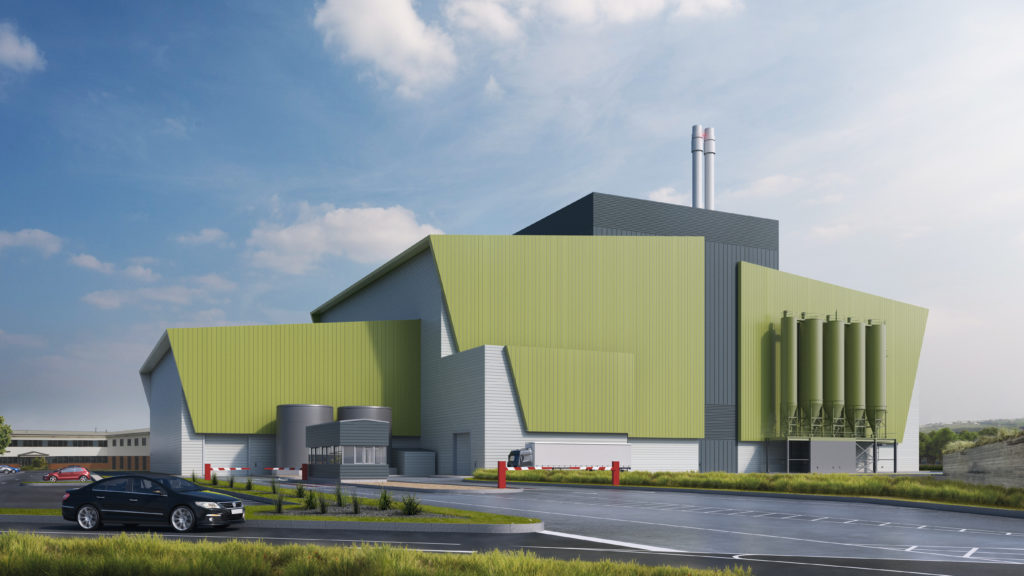The 100,000 tonnes per year capacity plant, according to Suez, will form part of a network of proposed facilities across the country.
Suez also has planning permission for an energy from waste (EfW) facility on the same site. The company said it is now well placed to promptly build whichever facility “is the most appropriate to meet the future needs of Darwen”.
Several companies are eyeing the residual waste contract in Lancashire, including Veolia and Biffa. The procurement was paused last year while the council reviews its strategy (see letsrecycle.com story).
Food waste
According to Suez, the proposed AD plant will process food waste, producing enough biomethane daily to power almost 7,000 homes. Describing the process, Suez outlined that food waste would be turned into biogas which is then upgraded to biomethane and fed into the gas grid or converted into electricity via generators at the facility. The side-product of this process can be used at biofertiliser.
Welcoming the local authority’s decision, regional director North for Suez, Steve Patterson, commented: “We are delighted with this decision that will allow us to invest in and modernise our Lower Eccleshill Road site to create local jobs and develop a facility that would provide a local solution for food waste that produces renewable energy and can deliver nutrients back to the soil.”
Cllr Jim Casey, assistant exec member for environment, added: “Tackling food waste is a huge priority for us locally, with a recent bin analysis revealing that, on average, a shocking 44% of general waste bin contents can be attributed to food waste in the borough.
“This plant will facilitate the recycling of that food waste into a bio-product, saving it from landfill, as well as prompting residents to consider how much food they are throwing away each week – benefits that are both environmental and economic.”
Mr Casey concluded that the council “eagerly awaits” more information from government on the plans for segregated food waste collections over the coming years “so it can work with residents to deliver this successfully”.








Subscribe for free